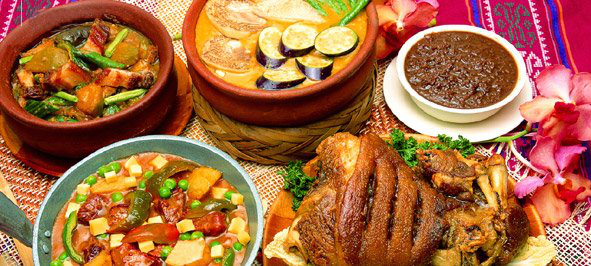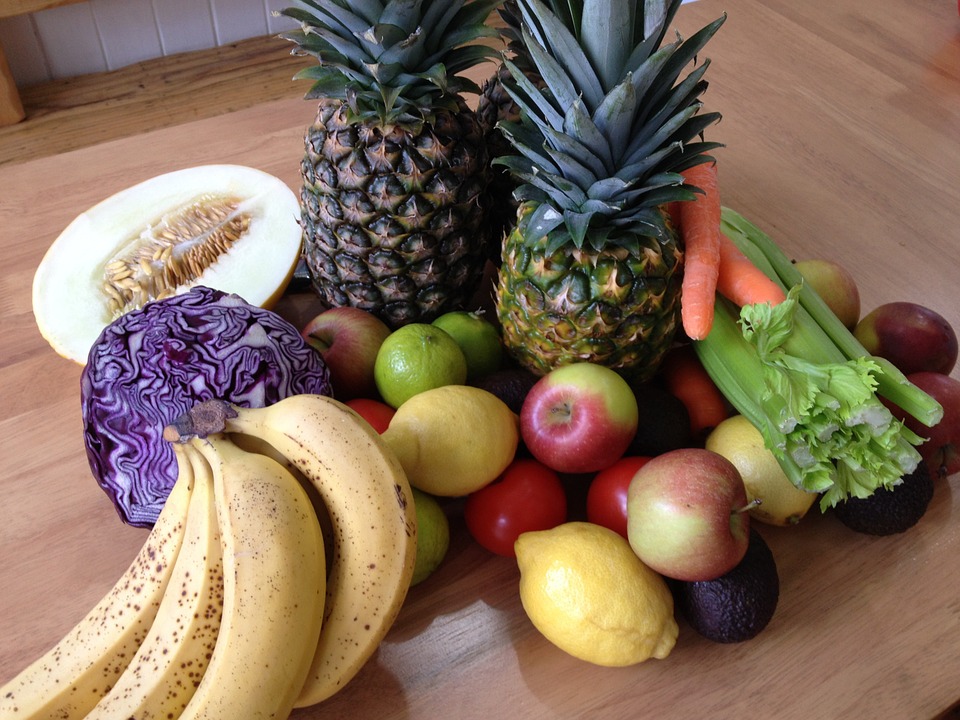We only have one planet, and we’re propelling ourselves with increasing velocity toward making it uninhabitable, which is why ethical eating is so important. Surely you’ve heard or read this quote;
“When the last tree is cut, the last fish is caught, and the last river is polluted; when to breathe the air is sickening, you will realise, too late, that wealth is not in bank accounts and that you can’t eat money.”
In fact, no less a mind than Stephen Hawking has hypothesized that we have around 100 years before we render our planet unlivable. Many of us are aware of what we can do to help mitigate climate change in our travel habits. By cycling, using public transport and driving electric or hybrid cars we can reduce our carbon footprint significantly…
But many of us are still ignorant of the environmental cost of what we eat.
At home, it’s easy to reduce the environmental cost of our food intake because we are familiar with the stores, restaurants and take out suppliers around us. We know which ones source their food ethically and use fewer genetically modified or heavily processed ingredients. But how hard it ethical eating when travelling?
When on the road, it’s easy to give in to the temptation of cheap, accessible processed foods and familiar fast food chains but there are alternatives.
From “impossible” meat-free burgers to sustainable sushi there is a huge range of ethical eateries all over the world but here are a few pointers that will ensure that you enjoy delicious and environmentally responsible foods wherever you go.

When in Rome… eat pasta!
Or if you’re in Tunisia, eat couscous. Sampling the typical local cuisine of your travel destination is not only a great way of imbibing their culture, it’s more likely that your food will be more ethically sourced. Local dishes tend to have locally sourced ingredients with a lower carbon footprint, rather than frozen, genetically modified crops flown in from the other side of the world.
Where’s the beef? Not here!
Giving up beef will reduce your carbon footprint more than getting rid of your car. The environmental impact of cattle husbandry is far greater than raising other livestock like chickens or pigs. That said, there’s nothing quite so satisfying as a good burger. Fortunately, recent years there have been huge advances in the way we eat beef and ethical eating. have seen a surge in meat-free burgers that give the same taste satisfaction of beef without the ethical cost. As demand increases, more and more restaurants and diners the world over are introducing beef free patties that will fool even the most dedicated carnivore.

Eat Fresh, eat local, and bring your own water
A good general rule is, if it’s packaged, avoid it. Unpackaged foods tend to be fresher and healthier, reducing the chance of harmful chemicals and preservatives being included. They also require less transportation and less energy costs to store. Locally sourced, fresh produce is also less likely to be wrapped in environmentally damaging materials like polystyrene foam. Try also to limit your reliance on bottled water. Where possible (and this may not be everywhere) use tap water stored in your own reusable bottle.

